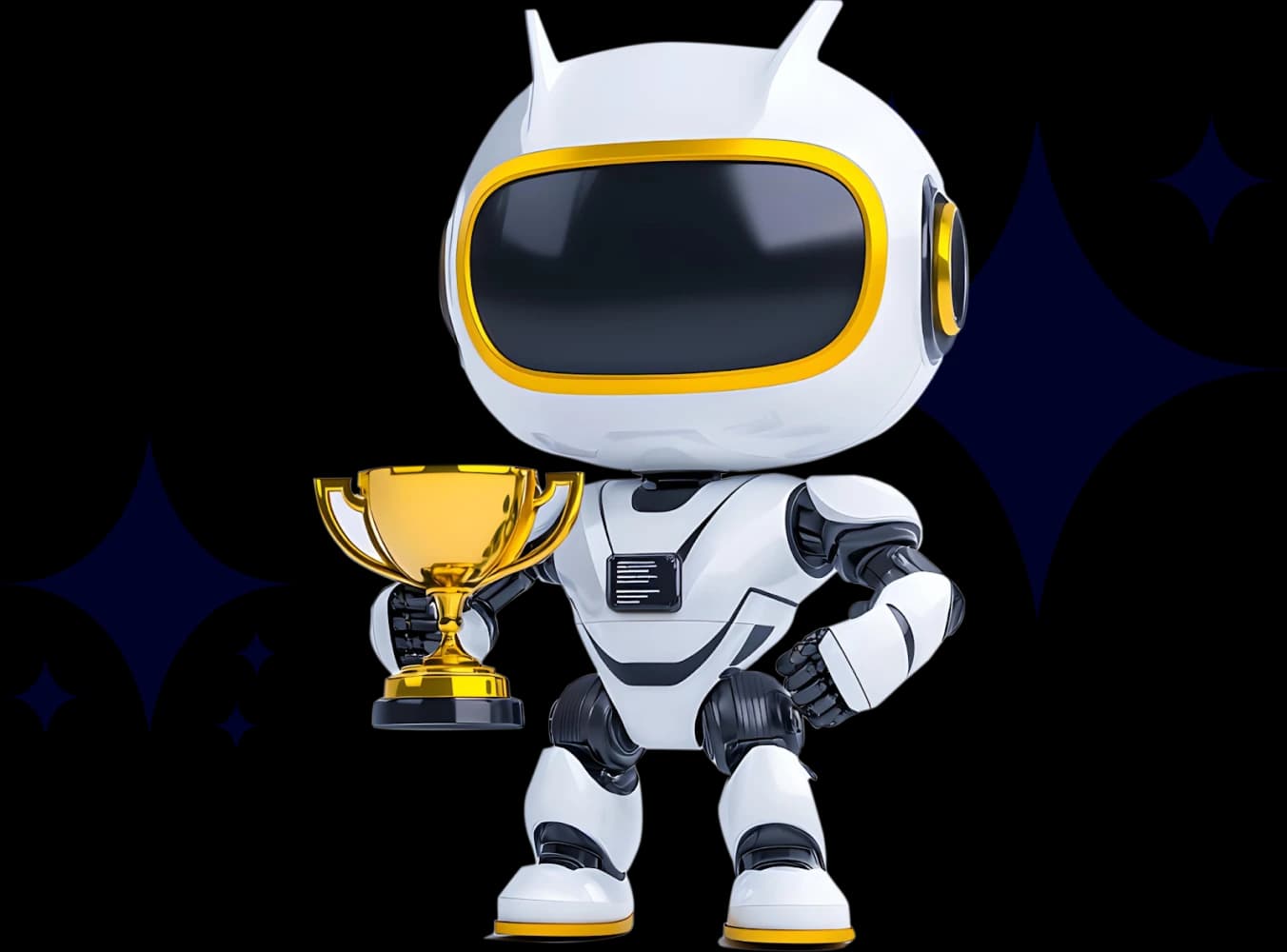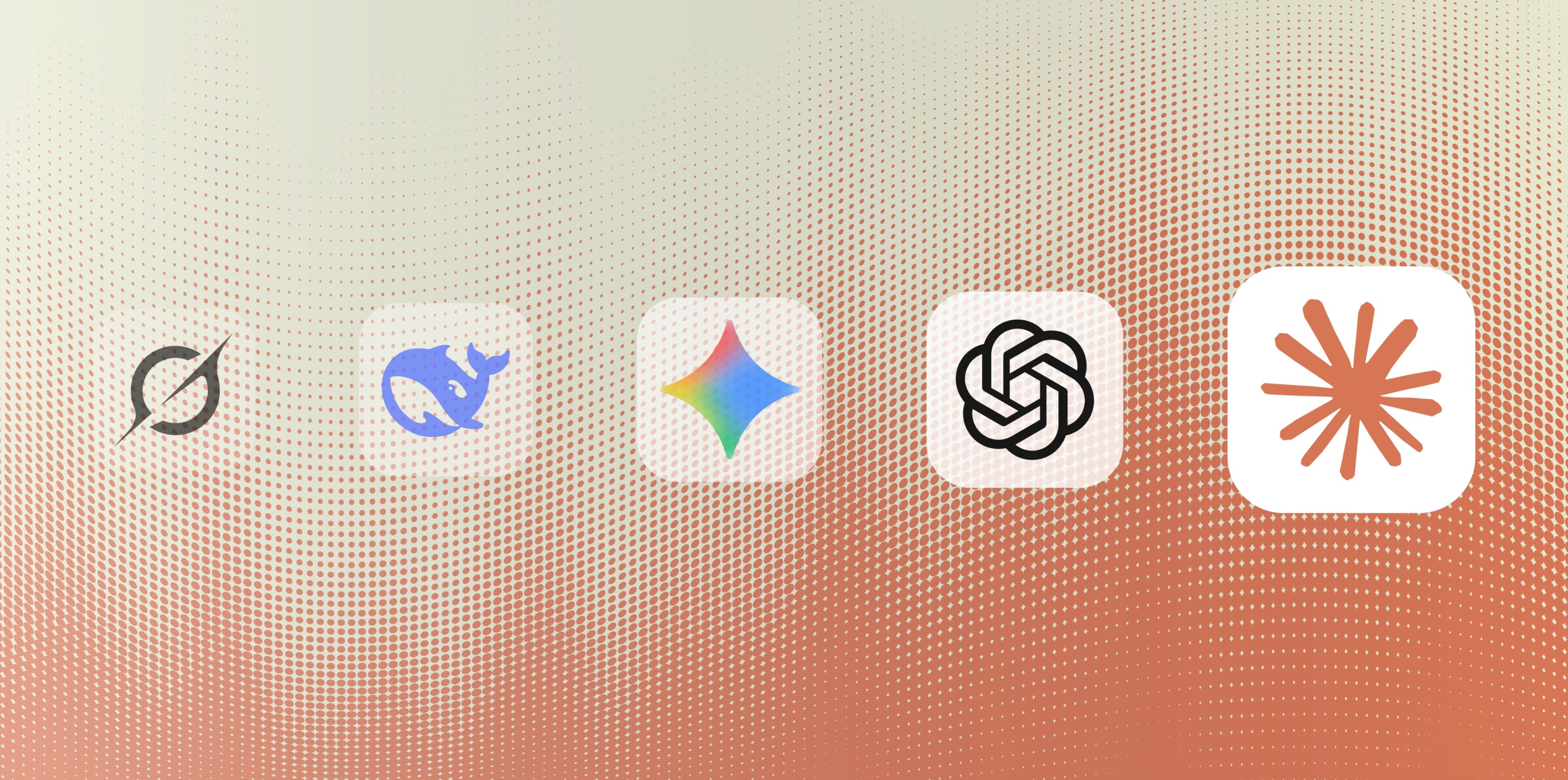0.00%

Signals
AI Features Are the New Participation Trophies
Every SaaS homepage now has "AI-powered" above the fold. But their conversion rates haven't changed.
In the span of 18 months, AI went from competitive advantage to table stakes. Over 60% of enterprise SaaS products now have embedded AI features. Companies that once touted AI capabilities as differentiators are discovering what happens when everyone has the same differentiator. Nobody's differentiated.

The Commoditization Timeline
Remember when having an AI chatbot was cutting-edge? When automated email personalization felt revolutionary? That was 2023. In 2025, customers expect these features to work perfectly. And they're almost annoyed when they're missing.
The tech itself accelerated this. LLMs have become commoditized. Most vendors are using the same basic technology from the same handful of providers, trained on the same publicly available data. When everyone's building on GPT-4 or Claude, the outputs converge.
Token costs have dropped toward zero. What was prohibitively expensive twelve months ago is now accessible to anyone with a credit card. The technology barrier collapsed, and with it, the differentiation it provided.
Here's what commoditization looks like in real-time:
Everyone offers similar features (check your competitors' websites. Sound familiar?)
Price wars are starting (when features are identical, price becomes the only differentiator)
Margins are shrinking (widespread adoption drives down what customers will pay)
Customers expect AI (they're not impressed by what should be baseline)
The Problem No One's Saying Out Loud
SaaS companies spent billions adding AI features because they were terrified of being left behind. The irony is, by all rushing to add the same capabilities, they've created the very commoditization they feared.
AI has accelerated feature commoditization. Software features are easier to write, and successful features are easier to replicate. What used to take months to build and provided quarters of competitive advantage now takes weeks to copy and provides days of differentiation.
The metrics tell the story. Despite the AI gold rush, average SaaS trial-to-paid conversion rates remain around 25%, unchanged from pre-AI era. Free account to activated user rates? Still hovering at 40-60%. Customer churn? Still 5-7% annually.
Adding AI features didn't move the needle on the metrics that matter. Because every competitor added the same features at the same time.
What Actually Differentiates Now
The companies winning in 2025 are the ones who figured out what AI can't replicate.
Here's what still matters:
1. Positioning That Transcends Features Kalungi's research on SaaS positioning shows success comes from moving "beyond technical features and algorithms to focus on outcome-focused positioning that highlights concrete business outcomes."
When everyone has AI, talking about AI is the fastest way to sound like everyone else. The brands that stand out are articulating value that AI features support but don't define.
2. Data Moats True differentiation now lies in the data these apps use to generate results.
Companies with proprietary data sets, unique integrations, or access to information competitors can't get have built something AI can't commoditize. The models might be the same, but the inputs aren't.
3. Implementation and Execution McKinsey found that strategic AI implementation can boost click-through rates by 41% for SMS and 25% for email. But only when executed properly. Success depends entirely on execution, not access.
Two companies can use the same AI technology and get wildly different results. The difference is how they've integrated it into workflows, trained their teams, and designed the user experience around it.
4. Brand and Trust When features are commoditized, brand becomes the differentiator. Users choose Salesforce's AI over a startup's not because the technology is better (it probably isn't) but because they trust Salesforce.
Brand isn't built by adding AI features. It's built by solving real problems consistently over time. AI should amplify your brand promise instead of attempting to replace it.
The Uncomfortable Questions
If you're running a SaaS company that spent the last year adding AI features, here's what you need to ask:
Can customers articulate your value proposition without mentioning AI? If not, you've made AI your identity instead of your capability. That's a problem when everyone has the same identity.
Has your positioning evolved as AI has commoditized? If your homepage still leads with "AI-powered," you're dating yourself. That was a differentiator in 2023. In 2025, it's assumed.
What are you doing that AI can't replicate? This is the only question that matters. The answer should be about relationships, trust, data, distribution, or brand.
What Happens Next
The SaaS companies that survive the AI commoditization will be the ones who:
Built positioning around outcomes, not capabilities.
Customers don't care that you use AI. They care that you solve their problem better than anyone else.
Invested in proprietary advantages AI can't touch.
Data moats. Distribution channels. Brand equity. Customer relationships. These compound over time while AI features replicate overnight.
Focused on execution over technology.
The same AI that powers your competitor powers you. The difference is how well you've woven it into an experience that actually works.
Stopped talking about AI and started talking about results.
Nobody wakes up wanting "AI-powered email." They wake up wanting more pipeline. Sell the outcome, not the technology.
The Bottom Line
Fifteen years ago, nobody differentiated on "cloud-powered" because everyone was moving to the cloud. Ten years ago, nobody led with "mobile-optimized" because that was table stakes.
Today, AI is reaching that same inflection point. It's essential. It's expected. It's no longer interesting.
The participation trophy phase is over. The companies that win from here are the ones who figured out what to build on top of the AI layer everyone now has, and how to position it in a way that actually matters.
If your entire strategy is "we have AI," you don't have a strategy. You have a commodity product with good marketing. And commodities compete on price until somebody builds something that isn't a commodity.
The question isn't whether or not you have AI. It's what you have that nobody else does.

About Matic
We're a B2B transformation agency creating strategic advantage through branding, websites, and digital products.


